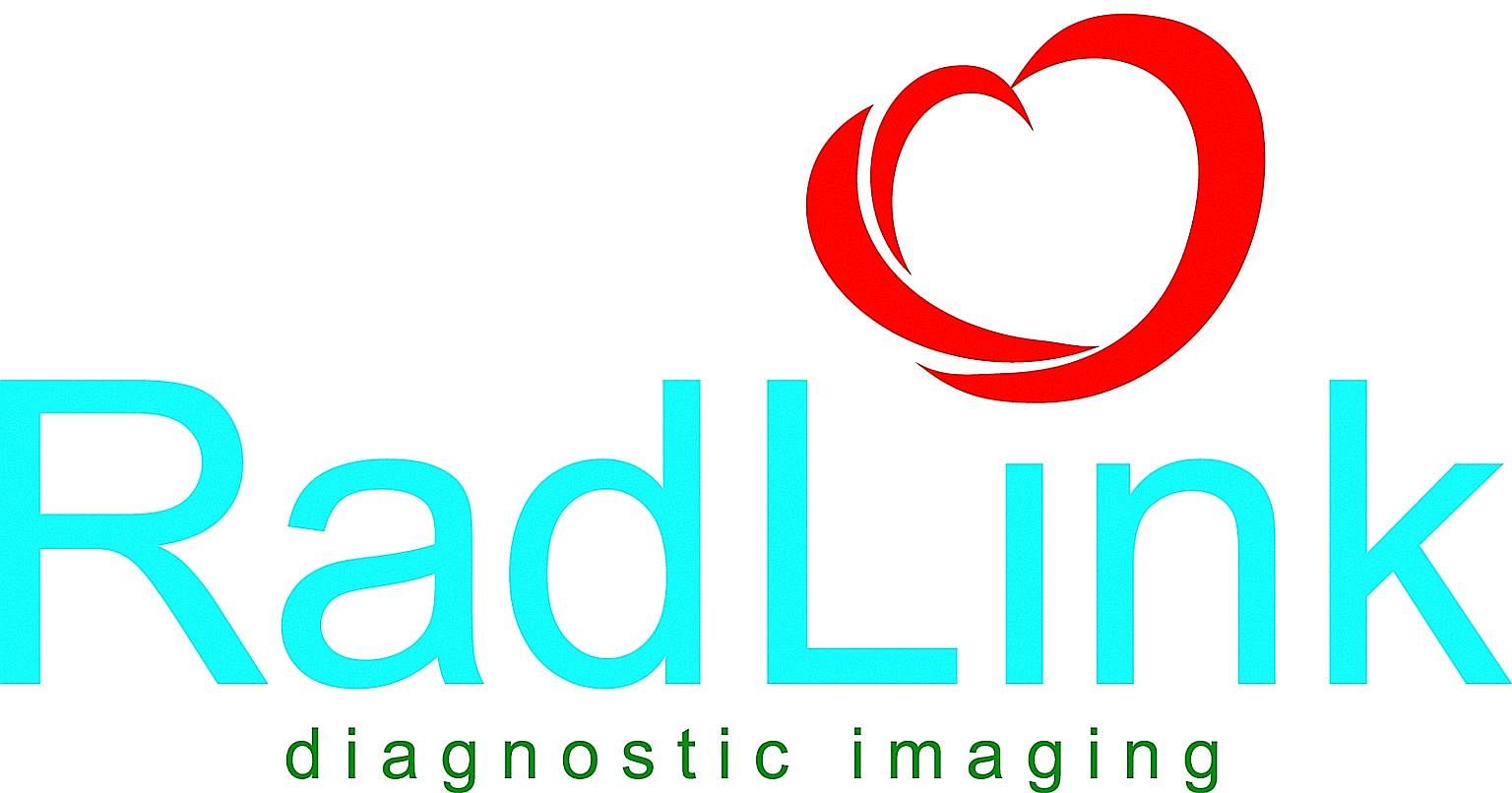Q I am a 50-year-old woman who rarely exercises. I recently started exercising and bought a blood pressure monitor. My blood pressure is high in the morning when I wake up.
Is it normal to have high blood pressure of 140/100mmHg on waking up? It goes back to normal over the course of the day to under 120/80mmHg.
Should my blood pressure be stable throughout the day or should it go up and down?
Also, my resting heart rate five hours after exercise is over 100 beats a minute. How long should it take to go back to my usual resting heart rate of 80 beats per minute?
Am I at risk of heart problems?
A Hypertension, also known as high blood pressure, is a very common condition that affects one in three Singaporeans.

You have hypertension if your average blood pressure is more than 140/90mmHg.
Blood pressure is represented by two pressure readings.
The "top" value, or the systolic blood pressure, is the pressure within the arteries at the peak of heart contraction.
The "bottom" value, or diastolic blood pressure, is the pressure during heart relaxation.
Both the systolic and diastolic values are important and should not be more than 140 and 90mmHg respectively in someone without hypertension.
The blood pressure of a healthy individual waxes and wanes throughout the 24-hour day and night cycle.
Blood pressure drops during sleep and starts to rise an hour or so before awakening.
Furthermore, healthy blood pressure can change dramatically even minute by minute.
For instance, anger, anxiety or exercise can have a large and sudden, but often transient, effect on the blood pressure level.
Occasional raised blood pressure readings of more than 140/90mmHg are normal and do not indicate that you have hypertension.
Only when blood pressure is consistently above 140/90mmHg over a period of days and weeks would you be described as having hypertension.
The best time to check your blood pressure is just before you have breakfast.
Rest for five to 10 minutes, sitting down in a chair with back support, with legs uncrossed, before recording your blood pressure with your arm resting comfortably on the table.
Record your blood pressure two or three times, a minute apart, and use the average of these readings as your blood pressure.
Repeat this daily for a week and average out the blood pressure readings.
This should represent more closely your average blood pressure and should be less than 140/90mmHg in someone without hypertension.
Recording your blood pressure immediately on waking up, without sitting and resting for a while, may not represent your true blood pressure.
If your blood pressure drops to under 120/80mmHg for the rest of the day, your average blood pressure would likely be less than 140/90mmHg and, hence, you are unlikely to have hypertension.
Nevertheless, you should record your blood pressure readings and discuss with your doctor, as further investigations, such as a 24-hour ambulatory blood pressure monitoring, can be done to get a clearer picture of your blood pressure pattern and to determine whether you have hypertension.
A heart rate of 100bpm five hours after exercise would be a bit higher than expected.
The heart rate of most people would return to their baseline rate within an hour of exercise. The heart rate of those who are physically fit would return to normal within 10 to 15 minutes after exercise.
If you are concerned about your high heart rate, you can consult your doctor.
While a heart rate of 100bpm can still be normal, a treadmill test, echocardiogram, Holter monitor, computed tomography coronary angiogram and blood tests, including a thyroid function test, can be done to ensure that your high heart rate is not due to an underlying heart condition.
Dr Tan Kok Soon
Senior consultant cardiologist at Tan Kok Soon Heart Specialist Clinic at Mount Elizabeth and Mount Alvernia Medical Centres.

